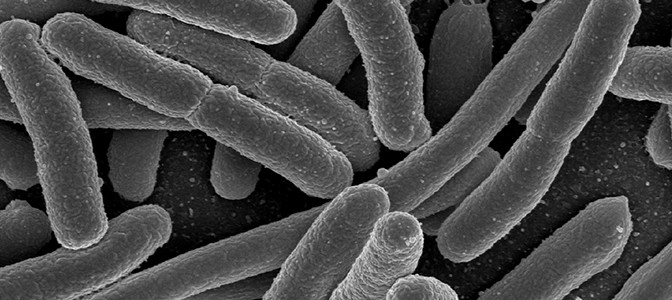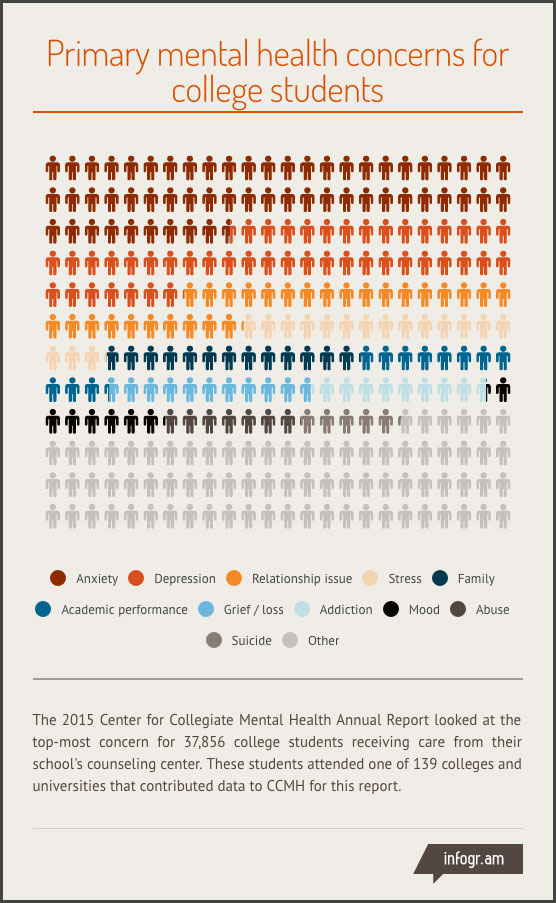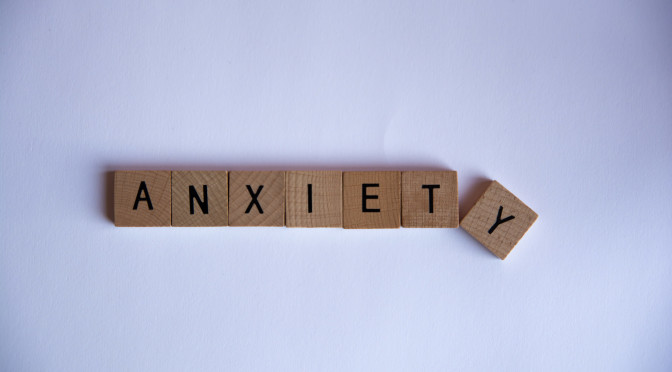Editor’s note: The following article originally appeared on The Conversation on July 2, 2015. The fourth season of Orange is the New Black was released on Friday, June 17, 2016.
The inmates of Litchfield Penitentiary, the fictional setting for the Netflix TV series Orange is the New Black, are not shy women.
They’ve landed in prison for murder, fraud, stalking, drug-smuggling, theft, and political activism. They do illegal activities behind the officers’ backs. They make their opinions known loud and clear to one another. And they’re not opposed to throwing a few punches, if duty calls.
But all will cease if you threaten to send them to the SHU. Why?
Continue reading Focus on research: Solitary confinement is bad for the brain





